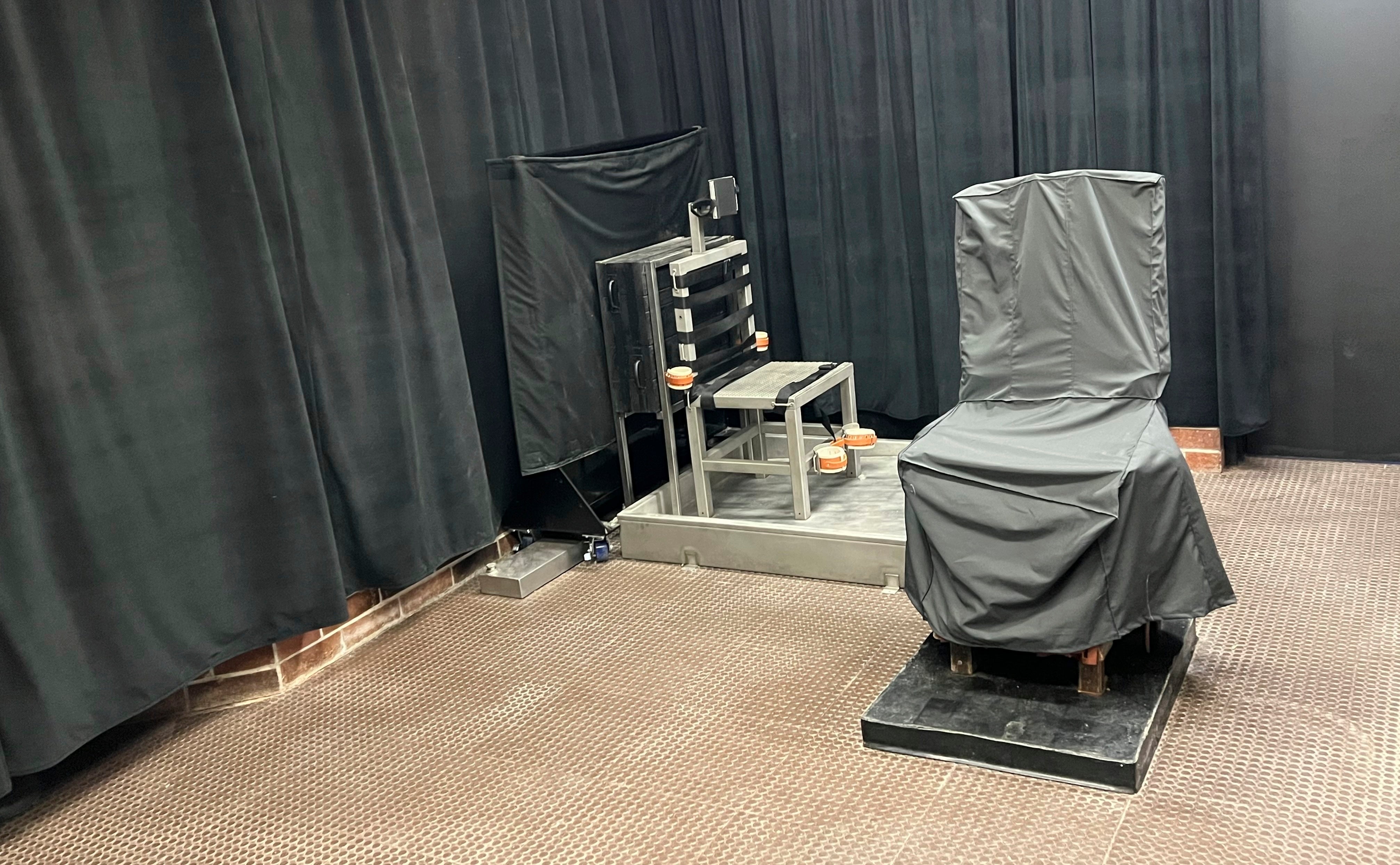South Carolina Supreme Court to decide minimum time between executions
The South Carolina Supreme Court won’t allow another execution until it determines a minimum amount of time between sending inmates to the death chamber

Your support helps us to tell the story
From reproductive rights to climate change to Big Tech, The Independent is on the ground when the story is developing. Whether it's investigating the financials of Elon Musk's pro-Trump PAC or producing our latest documentary, 'The A Word', which shines a light on the American women fighting for reproductive rights, we know how important it is to parse out the facts from the messaging.
At such a critical moment in US history, we need reporters on the ground. Your donation allows us to keep sending journalists to speak to both sides of the story.
The Independent is trusted by Americans across the entire political spectrum. And unlike many other quality news outlets, we choose not to lock Americans out of our reporting and analysis with paywalls. We believe quality journalism should be available to everyone, paid for by those who can afford it.
Your support makes all the difference.The South Carolina Supreme Court won't allow another execution in the state until it determines a minimum amount of time between sending inmates to the death chamber.
The state's next execution, scheduled for Sept. 20, is still on for inmate Freddie Eugene Owens. It would be the first execution in South Carolina in over 13 years after the court cleared the way to reopen the death chamber last month.
But as it set Owens' execution date Friday, the court also agreed to take up a request from four other death row inmates who are out of appeals to require the state to wait at least three months between executions.
Currently, the Supreme Court can set executions as close together as a week apart. That accelerated schedule would burden prison staff who have to take extensive steps to prepare to put an inmate to death and could cause botched executions, a lawyer for the inmates wrote in court papers.
It also rushes lawyers who are trying to represent multiple inmates on death row, attorney Lindsey Vann said.
Lawyers for the state have until the beginning of September to respond.
South Carolina has held executions in rapid succession before. Two half brothers were put to death in one night in December 1998. Another execution followed on each of the next two Fridays that month, with two more in January 1999.
Owens, 46, has until the end of next week to decide whether he wants to die by lethal injection, electrocution or the firing squad. His lawyers said he is waiting for prison officials to submit a sworn statement this week about the purity, potency and quality of the lethal injection drug under the terms of a new state law limiting how much information about execution procedures is released, and to see if it satisfies both the state and federal courts.
South Carolina's last execution was in 2011. Since then, the three drugs the state used to kill inmates expired and prison officials could not obtain any more.
To restart executions, lawmakers changed the lethal injection protocol to use only one drug and added the firing squad.
“Executions scheduled close in time would yield a high risk of error because it has been a significant time since the last execution, one method is antiquated, and the other two are untested,” Vann said.
The inmates' motion includes interviews in news articles in which a variety of prison employees spoke about how difficult it is to perform executions or to work closely with condemned inmates.
The South Carolina inmates are asking for 13 weeks between executions, citing problems Oklahoma encountered when it tried to accelerate the pace of executions there, leading to problems with carrying out death sentences. Oklahoma Attorney General Gentner Drummond said in January 2023 that holding an execution each month was burdening prison staff.
Owens was convicted of the 1997 killing of a Greenville clerk in a convenience store robbery.
The other South Carolina inmates who are out of appeals are:
— Richard Moore, 59, convicted of killing a convenience store clerk in Spartanburg in 1999.
— Brad Sigmon, 66, convicted of beating to death his estranged girlfriend's parents with a baseball bat in Greenville County in 2001.
— Marion Bowman, 44, convicted of killing an Orangeburg woman and setting her body on fire because she owed him money in 2001.
— Mikal Mahdi, 41, convicted of shooting an off-duty police officer at his home in Calhoun County and setting his body on fire in 2004.
South Carolina currently has 32 inmates on its death row.